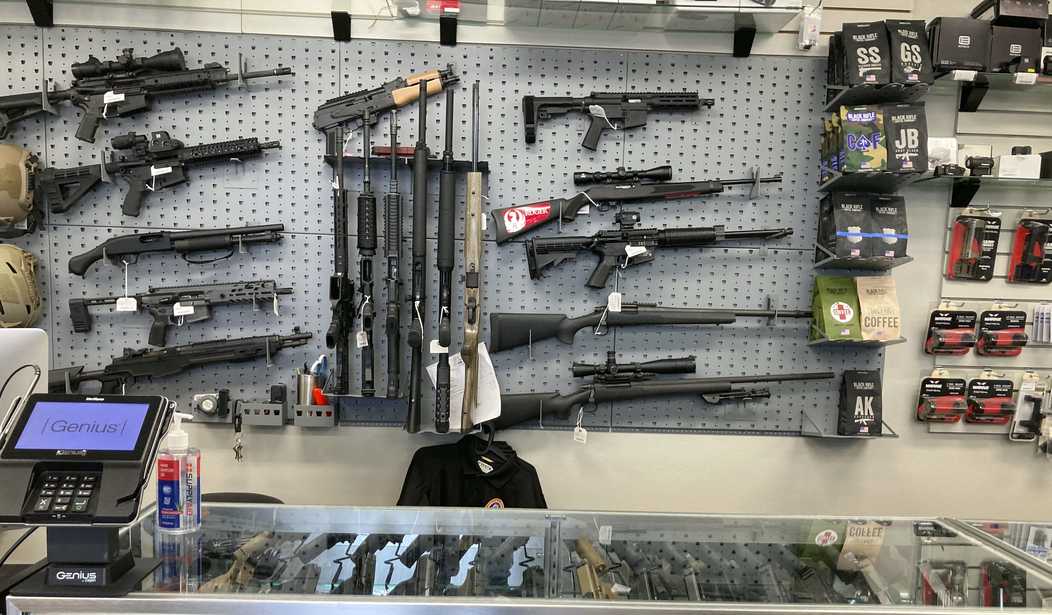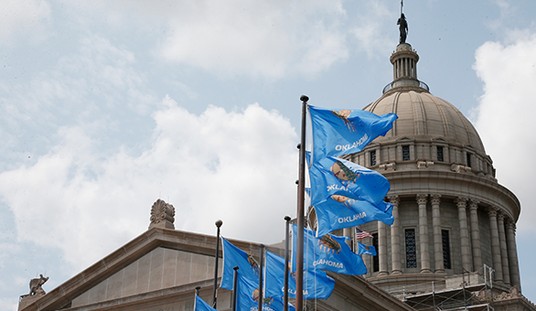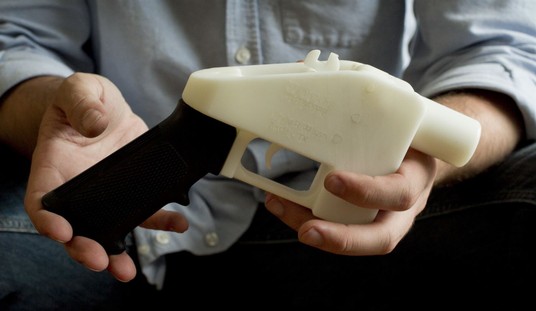The NICS is supposed to just flag people who have a criminal background history or were adjudicated by a court of law as unfit to own firearms. It’s a check to keep guns out of the hands of those who the law has decided can’t exercise their Second Amendment rights.
At this point, there’s really no concerted effort to change any of that.
However, it seems the FBI, who maintains the NICS, has other thoughts about how the system should be used and that’s a big damn problem. From NRA-ILA:
For several years the FBI has been operating a shadow gun ban regime whereby Americans who are not prohibited from possessing firearms under federal law are being denied their Second Amendment rights without due process. This extralegal practice was brought to light again in recent weeks in the U.S. Court of Appeals for the Sixth Circuit case Turaani v. Wray. The case revealed that the FBI’s current administration of the National Instant Criminal Background Check System amounts to a may-issue gun purchasing scheme that is incompatible with the proper adjudication of a Constitutional right.
…
Despite Congress having repeatedly rejected this may-issue scheme for gun ownership, the FBI has pressed forward with their shadow gun ban.
In 2013, the Congressional Research Service published a report titled, “Terrorist Watch List Screening and Background Checks for Firearms.” The document made clear that the FBI was checking the government’s watch lists during NICS background checks. Moreover, if a person came up on a list the transfer would be flagged and delayed. The report explained,
As part of the background check process, NICS typically responds to a federally licensed gun dealer, otherwise known as a federal firearms licensee (FFL), with a NICS Transaction Number (NTN) and one of three outcomes: (1) “proceed” with transfer or permit/license issuance because no prohibiting record was found; (2) “denied,” indicating that a prohibiting record was found; or (3) “delayed,” indicating that the system produced information suggesting that there could be a prohibiting record.60 In the case of a possible watchlist match, NICS sends a delayed transfer (for up to three business days) response to the querying federally licensed gun dealer or state POC. During a delay, NICS staff contacts immediately the FBI Headquarters’ Counterterrorism Division and FBI Special Agents in the field, and a coordinated effort is made to research possibly unknown prohibiting factors. If no prohibiting factors are uncovered within this three-day period, firearms dealers may proceed with the transaction at their discretion.
Therefore, the FBI delays, as a matter of practice, firearms transactions involving individual for whom they have no information suggesting they are prohibited from possessing firearms. This would be bad enough if it involved a temporary delay, however, the FBI does not clear the delay. Rather, the non-prohibited individual must rely on the Federal Firearms Licensee (FFL or gun dealer) to proceed with firearm transfer once three business days have elapsed since the NICS check was initiated, as they are permitted to do by law. Such “default proceed” transfers are at the FFL’s discretion and some FFLs are reluctant to transfer a firearm under these circumstances. If a person delayed in this manner is unable to acquire the firearm from a reluctant FFL after a default proceed, the FBI has denied a non-prohibited individual their right to purchase a firearm.
In Turaani v. Wray, the FBI went a step further.
According to the facts presented in Judge Jeffrey Sutton’s opinion, in 2018 the plaintiff (Turaani) attempted to buy a firearm from an FFL. The requisite NICS check resulted in a delay. Then, as Sutton described,
The next day, FBI agent Jason Chambers went to the dealer’s house, which doubled as his place of business, to speak to him about Turaani. Chambers wanted to see what information Turaani had provided about himself and explained that “we have a problem with the company” Turaani “keeps.” He showed photographs of Turaani with another person of apparent Middle Eastern descent, whom the dealer did not recognize. And Chambers left his contact information with the dealer.
Turaani followed up with the dealer a few days later to purchase the gun. The dealer explained that he had received a visit from the FBI. While he “technically could sell the gun” because the three-day delay had passed without further prohibitions on the sale, the dealer told Turaani that he was “no longer comfortable doing so.
To recap, the FBI delayed the firearm transfer of a non-prohibited individual merely due to “the company” he “keeps.” Then the FBI paid a visit to the FFL that all but assured the firearm transfer would not go forward. Of course, freedom of association is an essential component of the First Amendment right.
And it’s not necessarily just about the company one keeps, either.
While the FBI can try to claims Turaani has ties to Islamic terrorists, that can’t really be said about Laura Loomer, who also reportedly has been barred from purchasing a firearm. Loomer hasn’t been accused of associating with people of Middle Eastern extraction, so this couldn’t apply to her.
See, this is troubling.
No one is comfortable with terrorists buying guns, but the problem is that terrorists can get guns easily enough no matter what steps are taken. They’re a global criminal network, after all.
What I’m less comfortable with is the FBI deciding arbitrarily who can buy a gun and who can’t. As the NRA noted above, it becomes a may-issue gun purchase scheme. This is especially troubling in light of efforts by Congress to mandate all purchases go through an FFL and, by extension, the NICS.
Sorry, but in light of the above situations, I’m even less comfortable with such a law.








Join the conversation as a VIP Member